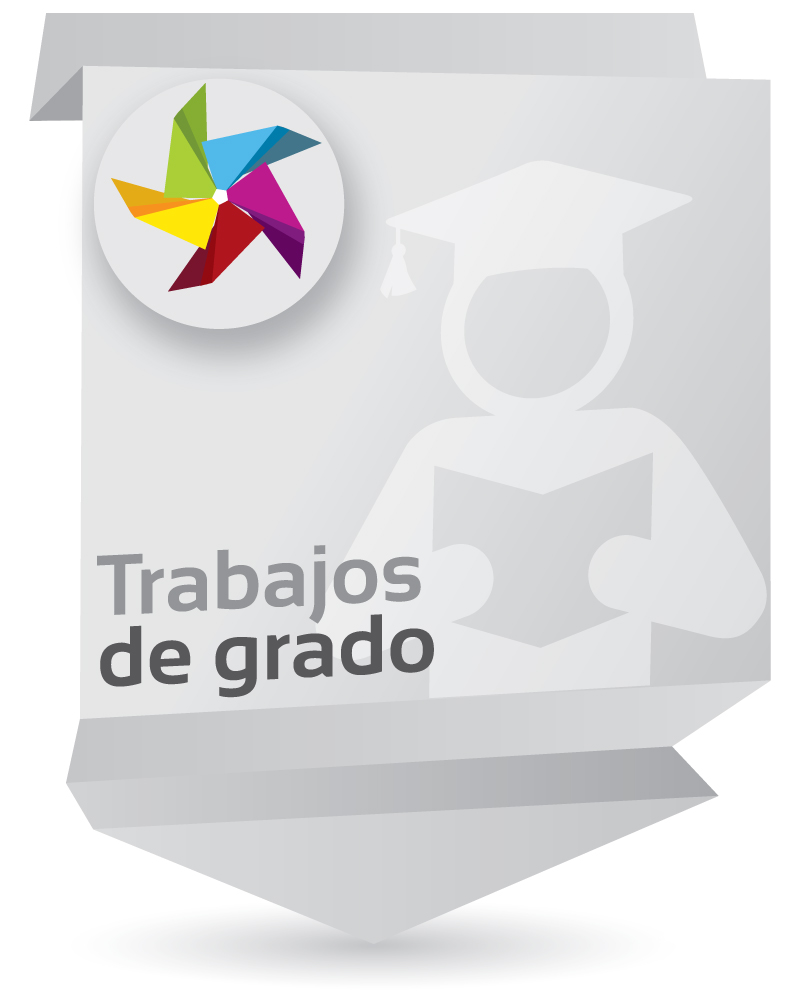Diagnóstico y estrategia para la viabilidad de la industria automotriz colombiana
Enlaces del Item
URI: http://hdl.handle.net/10818/50725Compartir
Estadísticas
Ver Estadísticas de usoMétricas
Catalogación bibliográfica
Mostrar el registro completo del ítemAutor/es
Gómez Macias, Miguel AntonioAsesor/es
Diaz Ramírez, Julia HelenaFecha
2022-02-08Resumen
Esta tesis tiene como propósito, a partir de un diagnóstico sistémico, plantear una estrategia para la industria automotriz en Colombia orientada a su viabilidad. Considerando lo golpeada que se ha visto la industria desde la firma de los Tratados de Libre Comercio (TLC) y posteriormente por su naturaleza misma, los efectos que tuvo en esta la pandemia del COVID 19, se observa que su viabilidad está fuertemente amenazada; entendida esta viabilidad, como la capacidad para adaptarse a los cambios, ser eficiente, responder a las necesidades del mercado y crecer, a partir del turbulento ambiente de la última década. Por lo anterior, realizar un análisis de su situación actual y plantear una estrategia que le permitan mejorar dicha viabilidad desde un enfoque sistémico, es lo que acá se aborda. The purpose of this thesis is, based on a systemic diagnosis, to suggest a strategy for the
automotive industry in Colombia aimed at its viability. Considering how this industry has been
affected since the signing of the Free Trade Agreements (FTA) and subsequently by its nature, the
effects that the COVID 19 pandemic had on it, it is observed that its viability is strongly threatened;
this viability understood as the ability to adapt to changes, be efficient, respond to market needs
and grow, based on the turbulent environment of the last decade. Therefore, carrying out an
analysis of your current situation and proposing a strategy that allows you to improve said viability
from a systemic approach, is what is addressed here.
To this purpose, an analysis was carried out using methodological tools that provides the
systemic approach of organizational cybernetics and viable systems. This analysis was nourished
with information from primary sources (among these, high-level players in the industry) and
secondary sources; also, with the direct experience of the author, who over several years worked
in multiple roles in the sector. The result of this process made it possible to build a holistic and
macro-level view of how the actors involved have been confronting the turbulent environment in
which they find themselves and how they can face technological changes and consumer habits
resulting from the elimination of trade barriers derived from the Free Trade Agreements and the
new reality faced by the consumer after the COVID 19 pandemic, in terms of technological offer
and its environmental impact.
The strategy is focused on two aspects: how to redesign the business model with a product
offering increasingly determined by global sources and how to respond with a more
environmentally friendly offer to satisfy the growing consumer concern for these issues. The result
of this thesis is aimed at offering a holistic vision of the industry and the way in which the strategy
it assumes must face these challenges in order to ensure its viability and that of its members.













![pdf [PDF]](/themes/unisabana//images/mimes/pdf.png) Ver documento en PDF (2.834Mb)
Ver documento en PDF (2.834Mb)




